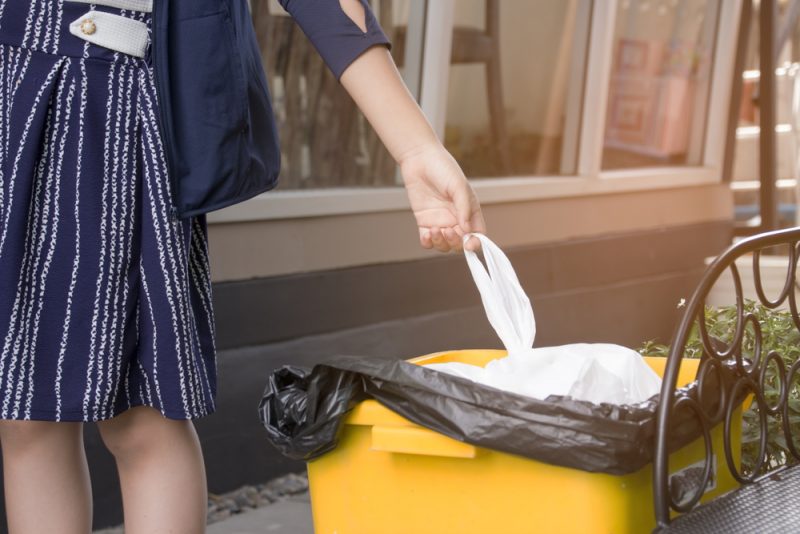
3 Things Your Plumber Wants You to Stop Doing
We all have a few bad habits, some of which we might not even be aware of yet. Our local plumbers, and maintenance workers, are well in the know. Those “guilty moments” we barely think about may give us temporary ease, but the long-term effects can be disproportionately ugly.
So, what are these poor patterns, and how can we address them? We’ve done our research, so we can report back the three simplest ways to keep your plumber smiling, your sinks sparkling, and your potty at its prime.
-
Leave the trash for the trash-can
We’ve all had a Mom whose mentioned it or are parents ourselves who are preaching it: it’s time to stop throwing our trash in the toilet. When we flush our cotton buds, cotton swabs or feminine hygiene products down the drain—the problem appears to be solved. No more mess, and no more stress.
However, as tempting as it may be throw the odd piece of paper towel where it doesn’t belong, many of the products found in sewer systems are not biodegradable, meaning our toilet’s liquid is not fit to combat the material’s we’re throwing away—and so they stay at the bottom of the drain until a clogged pipe rears its ugly head.
To avoid emergency plumbing costs and protect the broader environment that suffers from this kind of waste disposal—be sure to take the extra time to dispose of your waste properly.
It might be time to think twice next time before tossing our trash in the “wrong” can.
-
No, we shouldn’t cram it down the sink either.
Garbage disposal units in our kitchen sinks can be a plumber’s worst nightmare when placed in unaware hands. Despite what it may appear, our processors aren’t designed for large volumes of, well—anything. The odd scrap of food won’t be causing any catastrophes, but excessive amounts of food-based or other waste items will test your unit in a damaging way.
Fibrous foods, like celery sticks, are some of the biggest culprits of clogged sinks for homeowners. Most of us have simply been unaware of what our units really do, but tackling our food scraps, fatty oils and other nasties don’t fit the criteria.
There’s a simple fix, that provides a better result for the environment, too—in building your own backyard compost pit. It’s not only a fun way to work quietly in the garden on a lazy Sunday, but your food scraps will now be disposed of naturally. Your old food will enrich your soil and provide nutrients for future plants to grow and thrive.
-
It’s time to put down the drain cleaner.
We all know that frustrating sight—the water gurgles, slowly trickling down the drain-pipes, alerting you to the presence of a larger problem at hand. We see the small pool of water gathering in the sink, ready for the task ahead. Our first instinct is to reach for the most powerful drain cleaner in the cupboard. For homes with pipes that have stood the test of time, the trial of caustic bleach agents can prove troublesome for even the toughest of piping units.
Unclogging drains today is a rather simple and intuitive process—when left to a plumbing professional. If you’re lucky enough to live on a fresh plot of land, you might be able to get away with the temporary solve of a naturally-made drain cleaner. However, it’s important to remember that a quick service visit nowrom professionals like your your local Nu Flow St Louis drainage expert will be far cheaper than the cost of replacing corroded and damaged pipelines down the track.
